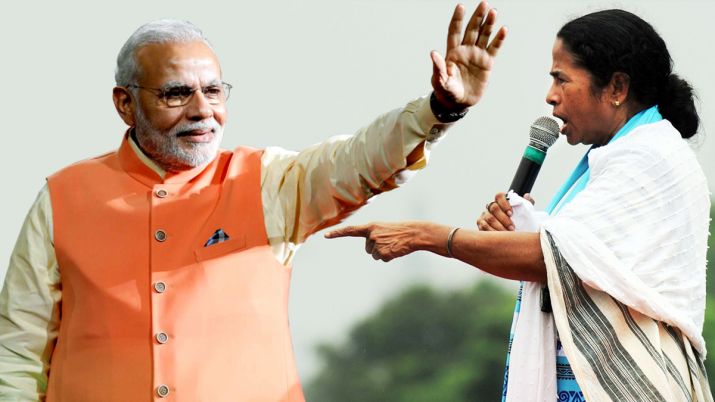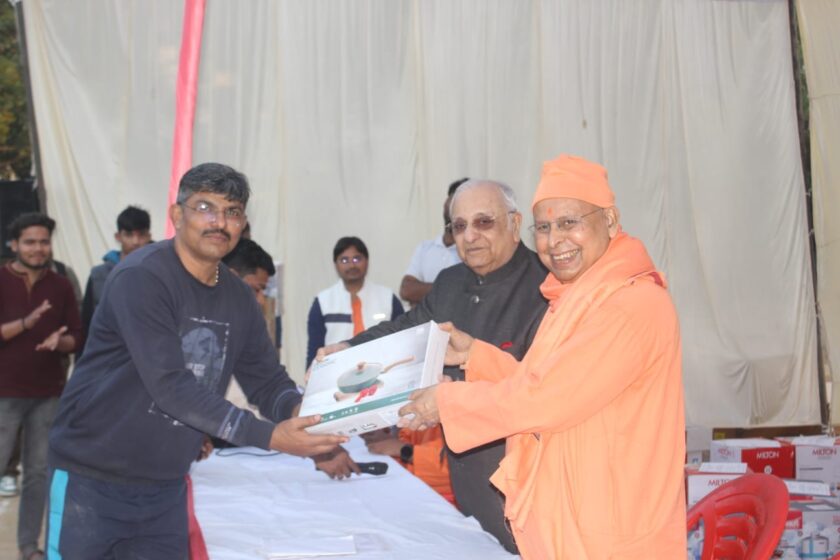Vijay Kumar Lal Srivastava, National Secretary, Rashtriya Lok Dal
New Delhi: As the nation commemorates the birth anniversary of one of modern India’s most profound socialist thinkers, Madhu Limaye stands tall in history as a tireless freedom fighter, a committed socialist, a staunch defender of civil liberties, and an eloquent parliamentarian. Born on May 1, 1922, in Pune, Maharashtra, Limaye was not just a political leader but a moral force in Indian public life.
A brilliant mind with unwavering principles, Limaye’s legacy is marked by his uncompromising stance on democratic socialism, deep commitment to Gandhian ideals of peace and non-violence, and steadfast advocacy for the rights of the common man. From the freedom movement to the liberation of Goa and his unmatched contributions in Parliament, Limaye’s political journey spanned over four decades, influencing multiple generations of political thinkers.
Early Life and Political Awakening
Educated at the Robert Money School in Bombay and later at the prestigious Fergusson College in Pune, Limaye exhibited exceptional academic talent. Despite clearing multiple grades in a single year, he was denied permission to take his matriculation exam at the age of 13 due to age restrictions. It was during his college years that he was drawn to socialist ideology and became actively involved in student movements.
Limaye’s political baptism came early—on his 15th birthday, he participated in a May Day procession in Pune, which was violently disrupted by RSS members. The attack left senior socialist leaders like Senapati Bapat and S.M. Joshi severely injured. This incident laid the foundation for Limaye’s lifelong commitment to resistance politics.
By 1938, at just 16, he became a full-time worker of the Congress Socialist Party (CSP) and, a year later, was appointed district general secretary of the Pune CSP. His political activism intensified during World War II when he was arrested for his anti-war speeches. He later played a crucial role in the Quit India Movement, working underground with leaders like Achyut Patwardhan, Usha Mehta, and Aruna Asaf Ali.
Role in the Freedom Struggle and Socialist Movement
From organizing secret publications to managing clandestine printing presses, Limaye’s wartime efforts were marked by courage and tactical brilliance. Arrested in 1943 under the Defence of India Rules, he spent nearly two years in various jails without trial. Even after independence, Limaye chose to dedicate himself to building the socialist movement rather than pursuing personal power.
He was instrumental in reorganizing the Socialist Party post-1947 and led its international outreach by representing the Indian socialist movement at the Socialist International conference in Antwerp in 1947. Limaye was also elected to the party’s national executive in 1948 and served as joint secretary of the newly formed Praja Socialist Party in 1953.
In 1952, he married Professor Champa Gupte, marking the beginning of a strong personal partnership that lasted his lifetime.

Leading the Goa Liberation Movement
Limaye’s commitment to India’s territorial integrity found expression in the Goa Liberation Movement. Inspired by Dr. Ram Manohar Lohia’s 1946 call to free Goa from Portuguese rule, Limaye led a major satyagraha in 1955. He was brutally beaten by the Portuguese police and later sentenced to 12 years of rigorous imprisonment by a Portuguese military tribunal. Refusing to defend himself or appeal the sentence, he remained in Portuguese custody for over 19 months.
His imprisonment strengthened the movement and eventually contributed to India’s military intervention in 1961, leading to Goa’s integration into the Indian Union. His prison memoir, Goa Liberation Movement and Madhu Limaye, written during incarceration, was published in 1996 to commemorate the 50th anniversary of the movement.
Parliamentarian Par Excellence
From 1964 to 1979, Limaye was elected four times to the Lok Sabha. His parliamentary speeches, especially on constitutional matters, remain reference points in Indian political discourse. Known for his mastery of parliamentary rules and procedures, he brought intellectual depth and moral authority to debates on governance, civil liberties, and social justice.
He led the Samyukta Socialist Party (SSP) in Parliament and played a pivotal role in advocating for affirmative action for backward classes. At the 1959 Banaras conference of the Socialist Party, under his leadership, the slogan “Pichhade pavain sau mein saath” (Sixty out of hundred for the backward) became the rallying cry for social justice.
Guardian of Civil Liberties
Limaye’s political life was distinguished by his relentless defense of civil rights. He often challenged the government’s unconstitutional actions in courts and won landmark cases that fortified democratic values. In the 1960s, as issues of constitutional integrity and executive overreach gained national attention, Limaye wrote extensively to President V.V. Giri and Justice K.S. Hegde, voicing concerns about judicial independence and executive interference.
Vision for Foreign Policy
A strong advocate of non-alignment, Limaye believed in an independent foreign policy rooted in India’s moral and democratic values. He argued for a people-oriented reimagining of the Non-Aligned Movement (NAM), emphasizing its relevance for the Global South. According to Limaye, India’s strategic autonomy was vital for maintaining global peace and upholding anti-imperialist values.
Final Years and Legacy
Limaye’s contributions as a writer, political theorist, and parliamentarian are preserved in numerous essays, books, and speeches. Even after retiring from active politics, he remained a guiding light for democratic socialists across the country. His unwavering commitment to ethics in public life and his refusal to compromise on ideology make him a beacon in India’s political history.
As India remembers Madhu Limaye on his birth anniversary today, his life serves as a reminder of the power of conviction, the importance of civil liberties, and the enduring value of democratic socialism in shaping a just society.









